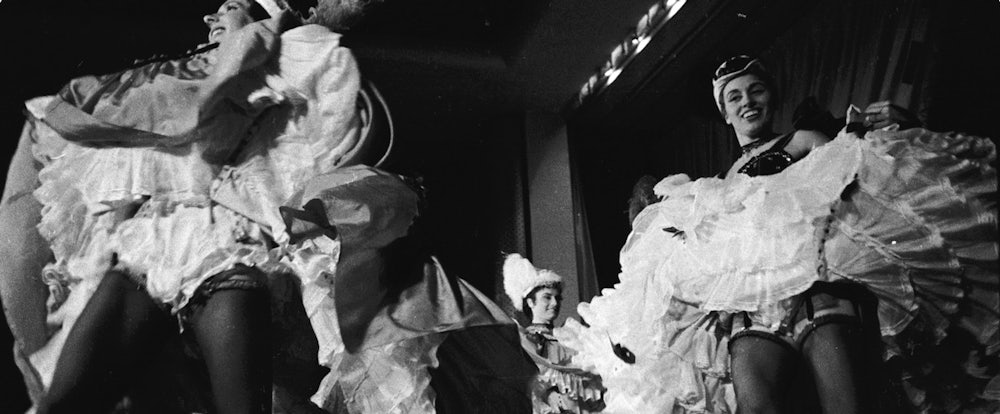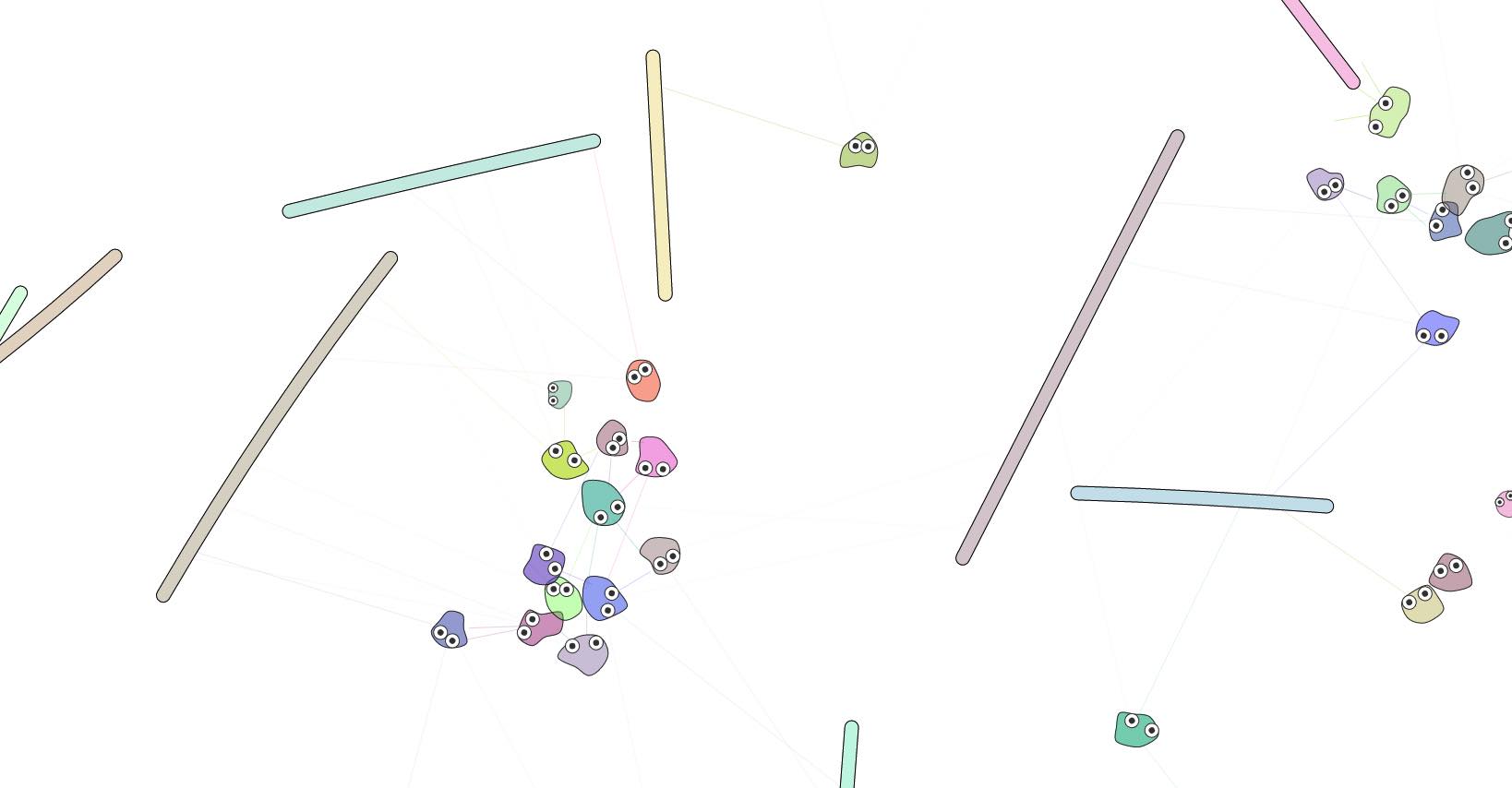via Scholarly Kitchen by Jill O'Neill

While I did not choose it as my 2015 Book of the Year (see Part I of the Chef selections here), I want to draw my colleagues’ attention to Eamon Duffy’s work, Marking The Hours: English People and Their Prayers 1240-1570 (Yale University Press, 2006). The Irish historian documented the emergence and historical development of the medieval Book of Hours which were, at one time, produced in greater volume than copies of the Bible itself. At the height of their commoditization, they were crudely printed volumes, but many museums and libraries value and preserve specific examples as rare works of art. Such volumes may have been produced with a certain intention as to use (that of devotional aid), but Duffy writes of the historical value of these artifacts in some other contexts – that of luxury good or status symbol, as a form of documentation indicating family position in relation to power, as a marker of an individual owner’s existence in a specific time and place.
Continue reading
Scholarly Kitchen is one of my favourite reads but one that rarely contains items suitable for the non-work posts. Work or not I could not resist sharing the image.
===================================
How is snow formed?
via OUP Blog
“The first fall of snow is not only an event, but it is a magical event. You go to bed in one kind of world and wake up to find yourself in another quite different, and if this is not enchantment, then where is it to be found?”
First Snow by J. B. Priestley
Continue reading
===================================
English really is weirder than pretty much every other language
via 3 Quarks Daily: John McWhorter in Aeon
English speakers know that their language is odd. So do people saddled with learning it non-natively. The oddity that we all perceive most readily is its spelling, which is indeed a nightmare. In countries where English isn’t spoken, there is no such thing as a ‘spelling bee’ competition. For a normal language, spelling at least pretends a basic correspondence to the way people pronounce the words. But English is not normal.
Continue reading
===================================
Shakespeare's encounter with Michel de Montaigne
via OUP Blog by William M. Hamlin
Some people sign their books but never read them. Others devour books without bothering to inscribe their names. Shakespeare falls in the latter category. In fact we don’t truly know whether he owned books at all; just six Shakespearean signatures are considered authentic, and they appear exclusively in legal documents.
Continue reading
===================================
Paris Was Wild, Once: Luc Sante’s new book looks longingly back at a more sinful time
via Arts & Letters Daily: Anna Weiner in New Republic

Today’s Paris contains multitudes: Segway-shod tourists cruising docilely to Versailles, children squirming on the streets of the Marais, Minnesotans snapping selfies with the Venus de Milo. There’s glamour, too, and romance; fine art, music, food. But before the photogenic swept streets and trimmed gardens, sometime between the 1700s and the 1920s, Paris was also a city of secrets and filth, of sin and entropy. This is the version of Paris that Luc Sante illuminates in his latest cultural and literary history, The Other Paris: a Paris that predates the whitewashing of urban renewal and institutionalized infrastructure; a city rich with fringe economies, insurrections, micro-societies, and raveled streets; a city that does not—cannot—continue to exist.
Continue reading
===================================
The Ultimate Guide to the Many Languages of Star Wars
via MakeUseOf by Dave LeClair
If you want to make sure your knowledge is up to par, check out the infographic below that explains all of the languages in the Star Wars universe. As it turns out, there are quite a few, and they’ll all spoken by different groups.
Check it out for yourself
===================================
The Banker Who Lost His Head
via 3 Quarks Daily by Paul Braterman
If Isaac Newton is the father of modern physics, then Antoine Lavoisier is the father of modern chemistry. Newton was knighted, and died in his bed at age 84. Lavoisier died at age 50, on the guillotine.
Continue reading
===================================
Creatures avoiding planks
via Boing Boing by Rob Beschizza

Creatures Avoiding Planks is a web toy demonstrating natural selection. Wee blobby creatures wander around avoiding floating planks, which kill on touch. If one lives long enough, it reproduces, passing on slight variations of its own movement behavior to the offspring.
The brilliant work of @hardmaru, I can't watch it anymore because I feel so sorry for them.
===================================
Mentalizing in groups
via OUP Blog by Sigmund Karterud
‘Mentalizing’ is the new word for making sense of oneself, others, and intersubjective transactions in terms of inner motivations. It can be fast and intuitive (implicit mentalizing), as in most informal and routine interactions, or slow and elaborate (explicit mentalizing), when one steps back to indulge in reflective thinking. “Why did she say that?” The thought is such an integral part of being human that it is most often taken for granted. Yet it is an evolutionary achievement.
Continue reading
===================================
The continuing relevance of On the Beach
via 3 Quarks Daily: Beverly Gray in Bulletin of the Atomic Scientists

“It frightened the hell out of me. I’m still frightened.”
These words mark the reaction of a young Australian named Helen Caldicott to a story of the aftermath of mistaken nuclear war, in which those who never even took sides were faced with the slow advance of deadly nuclear radiation on their shores. On the Beach, first a best-selling novel and then a major Hollywood film, confronts the viewer with a number of questions: How would you behave if, in the aftermath of a nuclear apocalyps, you knew you only have a few weeks or months left to live? Would you carouse riotously, knowing the end is near? Deny that the entire thing is happening? Hope against all logic for a miraculous reprieve? Try to maintain a core of decency in the face of imminent death? Wish that you had done something long ago to prevent nuclear war in the first place?
Continue reading
Definitely the next book I should read. It’s on my bookshelf along with all of Nevil Shute’s other novels.
No comments:
Post a Comment